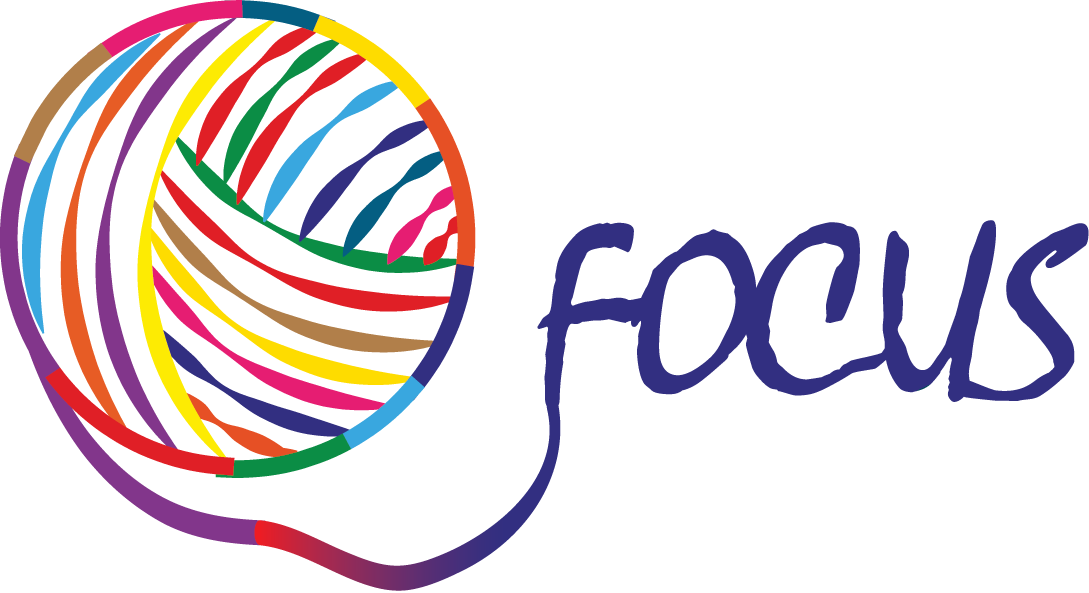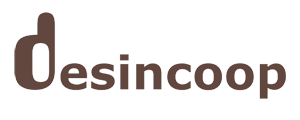The FOCUS project - FOstering the Capacity of social workers delivering edUcation on life Skills, started in April 2018. The project is a Key Action 2 - Strategic Partnership for adult education of the Erasmus + program.
The project partners are Cooperativa 3P (Italy), AMS onlus (Italy), Desincoop (Portugal), Federatia - Philanthropia (Romania).
The aim of the project is to support and strengthen the skills of the private social operators involved in the reception and education processes. The use of life skills in the work of social workers is fundamental, falling within those basic skills put into practice daily; making life skills your own, empowering them and being aware of them is important for individual improvement: the FOCUS project is therefore the first tool to understand how a training on transversal skills can benefit both the subject and those who interact with it (both in the context working as well as socially). So there is a need related to the improvement of life skills education, with specific target in social workers, through the creation of training modules and innovative material contextualized in the needs and work of social workers.
The project activities foresee three fundamental steps:
1. Research on existing literature relating to the impact of the skills of private social workers in identifying learning needs.
The aim is to produce data on workers' skills in terms of life skills learned and to be learned, to be presented to educators, social workers, managers but also to the regional departments of social service and training. During the first phase of this output, a literature review was carried out on the topic, in Italy, Portugal and Romania, while in the second phase, which concerns the identification of workers' learning needs, a questionnaire was administered to approximately 30-35 workers (social workers, psychologists, managers and educators belonging to the three partner organizations) composed of 5 scales: questionnaire on general health, scale for the evaluation of organizational citizenship behaviors, scale for the evaluation of emotional intelligence, scale of life skills assessment, scale for the burn-out assessment and a free section to probe aspects concerning the organizational climate. In addition, a focus group was set up in which 8 workers participated, chosen from among those who had answered the questionnaire, with the aim of probing and expanding knowledge about the fundamental concepts of the project, namely Life Skills and Emotional Intelligence, to encourage the emergence of personal opinions on the concrete application of these skills in one's own working context, assessing the working climate and gathering any operational suggestions for targeted and necessary interventions.
The data collected will be part of a scientific publication in English, which will also be translated into Italian, Romanian and Portuguese.
2. Guidelines for the management of training courses for social workers in social private sector
The second output foresees a pilot experimentation phase in which 8 social workers belonging to the three partner organizations (3P, Philanthropy and Desincoop), will participate in a training session organized in Palermo by AMS. The 8 workers were selected according to the selection procedures that each partner organization chose based on the priorities set and the target group of reference. Once the training phase is over, the workers had the task of training the colleagues of the organizations to which they belong to (experimentation phase). At the same time, a mentoring system will be activated with the aim of supporting social workers and educators during the experimentation phase through the sharing of opinions, exchange of feedback and working methods. This training also involved the guests of the accommodation structures / communities.
3. An interactive platform useful for consolidating the skills of workers in the private social sector
All the information produced, both qualitative and quantitative, will be uploaded on a free access platform, in order to be accessible to all the stakeholders involved and not only the partner organizations. On the one hand, this platform will gradually replace the work of coaches to make organizations autonomous in carrying out their approach to training, on the other it will ensure the sustainability and continuity of the effects of the project even after the end of the activities, offering beneficiaries an instrument able to allow them an evaluation of the intervention made.
FOstering the Capacity of social workers delivering edUcation in life Skills |
|||
|
|
The content of this website represents the view of the author only and his/her solely responsability. The European Commission does not accept any responsability for use that may be made of the information it conteins | ||









